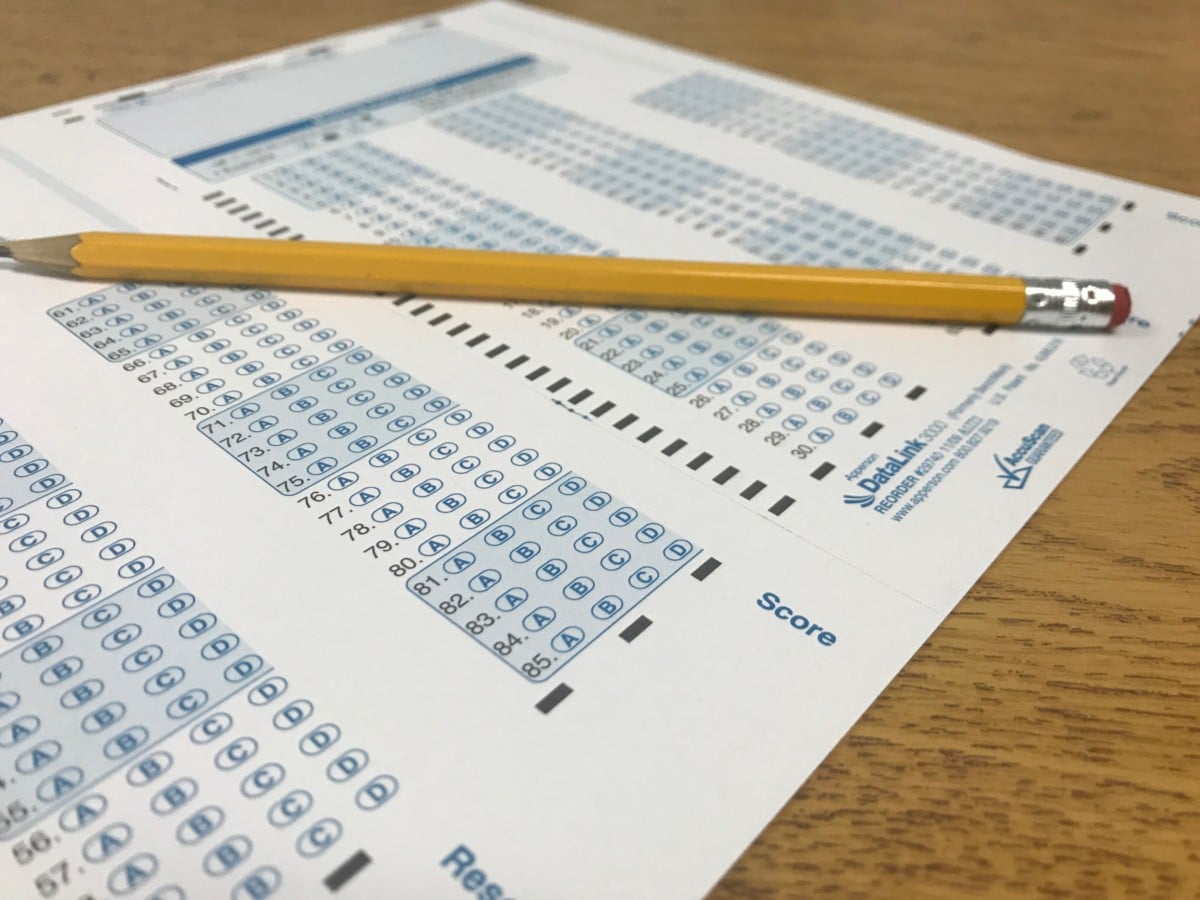Mississippi students’ ACT scores are among the worst in the county, ranking 48th in the ACT’s annual report.
With an average composite score of 18.6 out of a possible 36, Mississippi’s scores are higher than just those of South Carolina (18.3) and Nevada (17.7) on the exam. In all, the report detailed a decline amongst test takers as 35% of 2018 graduates met none of the four ACT College Readiness Benchmarks, up from 31% in 2014 and from 33% last year.
The benchmarks of the exam include English, Reading, Math and Science, and the ACT sets a “College Readiness” score for each benchmark.

In Mississippi, scores fell well below the college readiness scores as well as the national averages.

Mississippi is one of 17 states where 100% of students were tested.
Following the release of the report, the ACT outlined the following steps for states to take in attempting to improve their scores.
1. Give educators the resources they need to help improve educational outcomes. For educators to have the desired impact on all of the students they serve, they must be given the proper resources. Funding for schools and education must be increased, not decreased. States and districts should provide plentiful professional development opportunities so that teachers may improve their craft and increase their positive impact. And the teaching profession must be elevated, with higher salaries and greater levels of respect, to attract talented new instructors to the occupation.
2. Assess student learning and implement improvement strategies starting early in students’ educational careers. ACT research suggests that if students are not on target for college and career readiness by the time they reach middle school, it may be too late for them to become ready by the time they graduate from high school. Assessing what students have learned, and implementing strategies to help them improve their skills and get on target, must begin in elementary school. Early assessment and intervention are critical to improving educational outcomes.
3. Provide equitable resources for underserved students. All students should be given the opportunity to reach their potential. But many underserved students face disparities compared to other students in their access to rigorous college-preparatory curricula, high-quality educators, and support services that help create the foundation necessary for every child to succeed after high school. In particular, students whose parents did not attend college often lack the resources, information, and support from family members and peers that they need to prepare for success. These and other similar inequities must be resolved for true growth in readiness to occur across the board.
4. Ensure that students’ education is holistic and addresses the needs of the “whole learner.” Mastering knowledge and skills in core subject areas is obviously essential in preparing students to succeed in college and career, but social and emotional learning (SEL) skills also play a critical role in allowing young people to reach their potential. Schools should consider assessment of students’ SEL skills as a developmental tool to ensure that all of each student’s needs are being identi ed and addressed. Also, to assist in SEL skills development, schools should consider scaling up nonacademic “wraparound” services from local community providers in areas such as mental health, family engagement, mentoring, afterschool programming, and career planning.
5. Collect, handle, and use assessment data responsibly, with special attention to maintaining its security and quality. Student data privacy must be protected without hampering students’ ability to bene t educationally or organizations’ ability to conduct responsible research. Data literacy for teachers as well as school and district leaders should be prioritized in efforts to improve instruction. States and districts should follow the principles of high-quality assessment systems found in the ACT 2018 K–12 Education Platform when implementing the student assessment components of their state and/or federal accountability systems.




